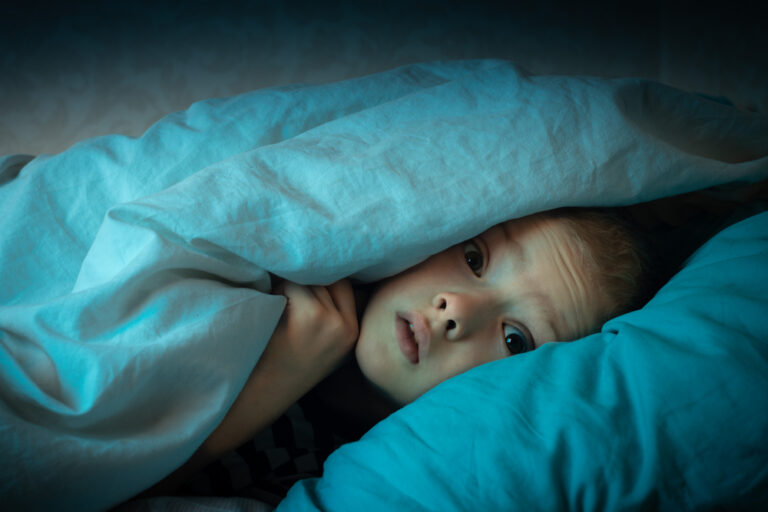by Tim Smith
Sometimes we find it difficult to keep our cool as the howling winds batter our homes, large items fly about outside and the electricity goes down for hours on end.
This kind of worry can be even more profound for children—especially if they pick up on our nervousness. That’s why it’s vital to do all we can to help them weather the storm.
Dr. Sandy De Silva is a registered clinical psychologist and the executive director of Family Centre, which provides advocacy initiatives, outreach community programmes and counselling services to children ages 4 to 18 and their families. “Hurricanes can be stressful for children to experience,” she says. “They are surrounded by stressed adults trying to prepare for the very worst and have no sense of control of what is about to happen. At the same time, they may experience excitement about school closing and having everyone at home to hang out with until the reality of power outages settle in.”
Dr. De Silva provides the following tips to help children who are experiencing stress, excitement or any feelings in between:
TALK WITH YOUR CHILD
Dr. De Silva says parents should use simple, age-appropriate language to explain what happens during hurricane season and how storms behave. This gives younger children a sense of understanding and control. “Encourage children to ask questions and share their feelings about storms and hurricanes. Validate the fact that storms can be scary to experience while emphasizing that it is the adults’ job to ensure that everyone can be as safe as possible.” She also says that it’s important to allow your child all the time and space they need to ask questions they have about storms, including, for example, who will keep them safe if a storm hits while they are at school or away from home, or how meteorologists learn to track and predict a storm’s path.
BE HONEST AND REASSURING
Try to resist the temptation to say nothing bad will happen because you cannot guarantee that.
“Instead, let children know that, if an emergency storm situation arises, there are people who can help, such as adults, neighbours or emergency responders,” Dr. De Silva says. “In addition, reassure your children that you are planning ahead to keep them and all the family safe. Have them participate in preparation procedures that are appropriate for their age.”
DISCUSS YOUR FAMILY SAFETY PLAN
Before the storm, have a family discussion to outline the safe spaces or rooms in the house, taking into account the risk of storm surge, flooding or dangerous winds. Children should also be aware of any evacuation plan and have access to a list of emergency numbers.
“If you need to move out of your home to a safer space to ride out the hurricane, pack a bag for each family member. Have your children participate in packing their own bags to feel a sense of control over something,” she says.
Bags for the children can include items that provide comfort, activities to pass the time without the need for electricity, favourite snacks, water, a flashlight and any necessary medical supplies and personal hygiene items. Older children can help prepare the family emergency supplies kit by collecting items such as batteries and buckets.
Dr. De Silva adds: “Do not forget to include the pets in your family safety plan. Knowing that family pets are safe provides great comfort to children.”
MODEL CALM BEHAVIOUR
Your children can pick up on your own anxiety, which will add to their stress levels. “If you are feeling nervous, it is important to pause to take some deep calming breaths and slow down your thoughts,” Dr. De Silva says. “It is important to be prepared with ways to cope.”
She suggests a hurricane preparedness plan that includes fun, relaxing activities to play together. “Protect yourself and your children from seeing too many sights and images of the hurricane aftermath to reduce traumatic impact,” she adds.
PROMOTE TEAMWORK IN THE AFTERMATH
When the storm is over, parents should encourage their children to help with clean-up and recovery efforts in ways that are appropriate for their age.
“This participation may increase their sense of control over the situation, and they learn the valuable lessons of teamwork and helping others,” Dr. De Silva says.
If you think that your child has storm anxiety, call Family Centre at 232-1116 or e-mail [email protected] and ask to speak with a screener who can help with more specific guidance.

